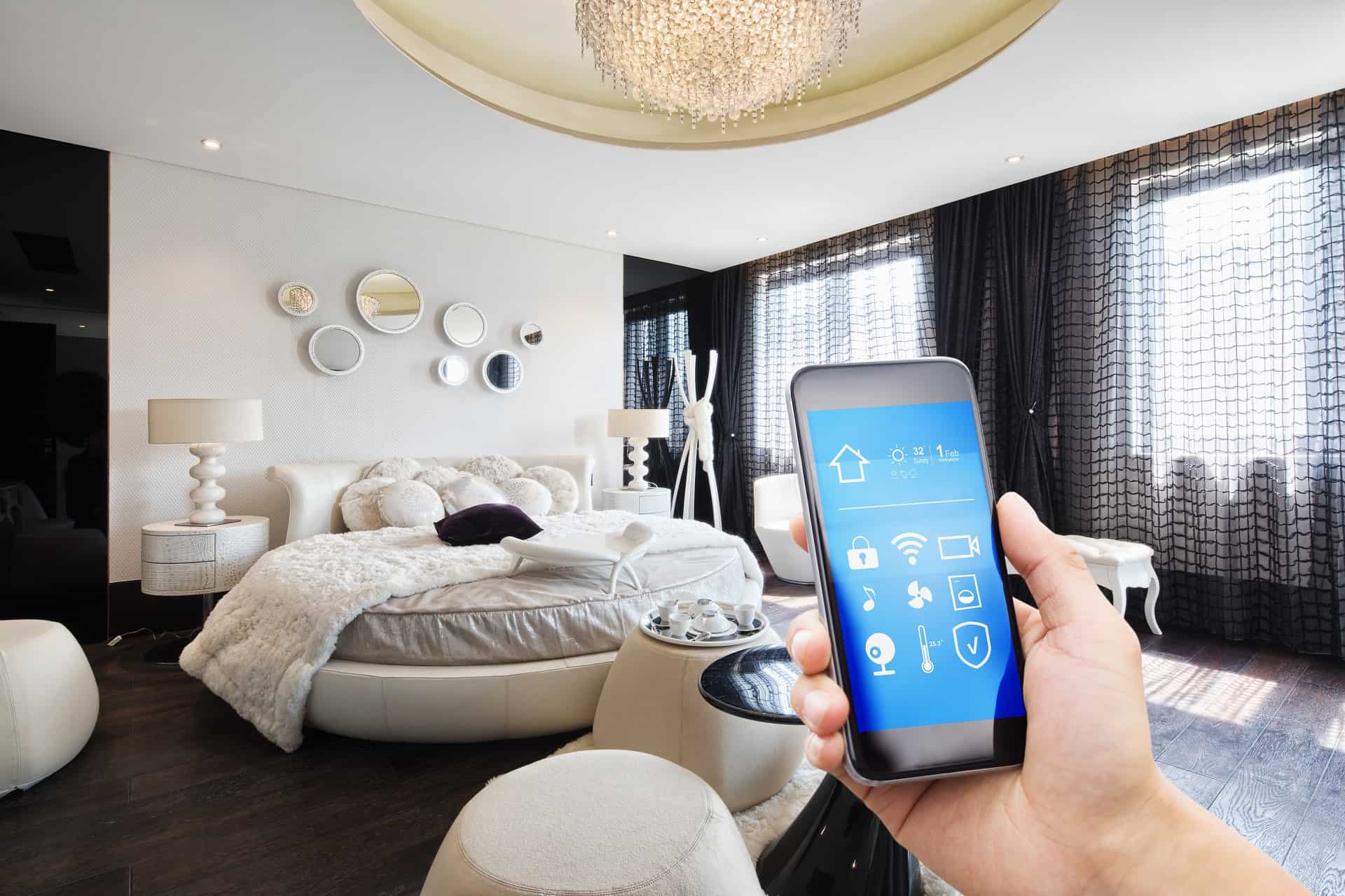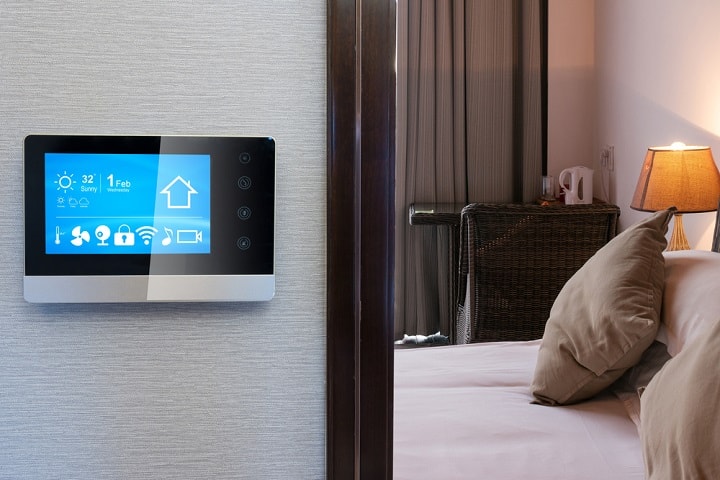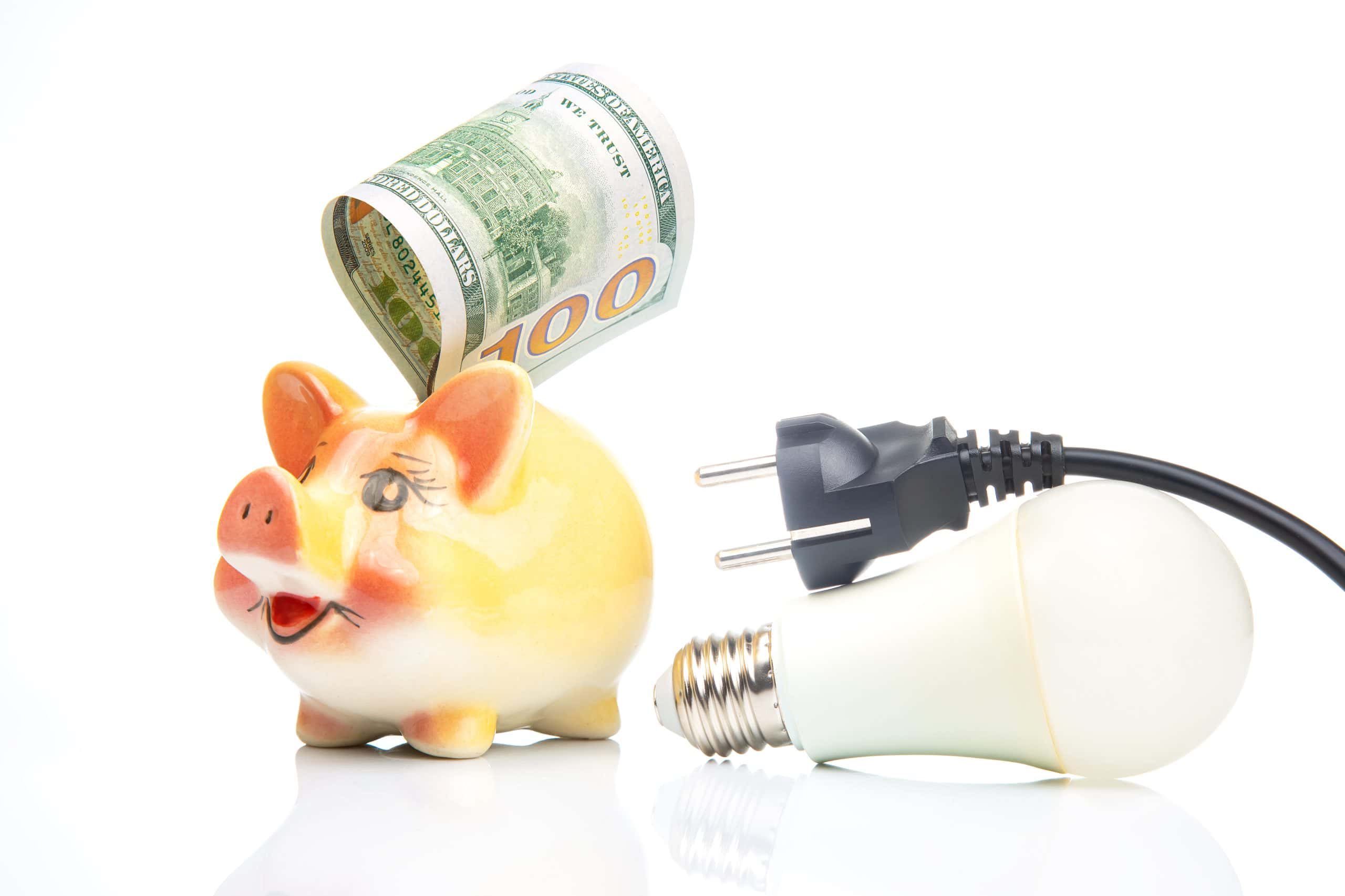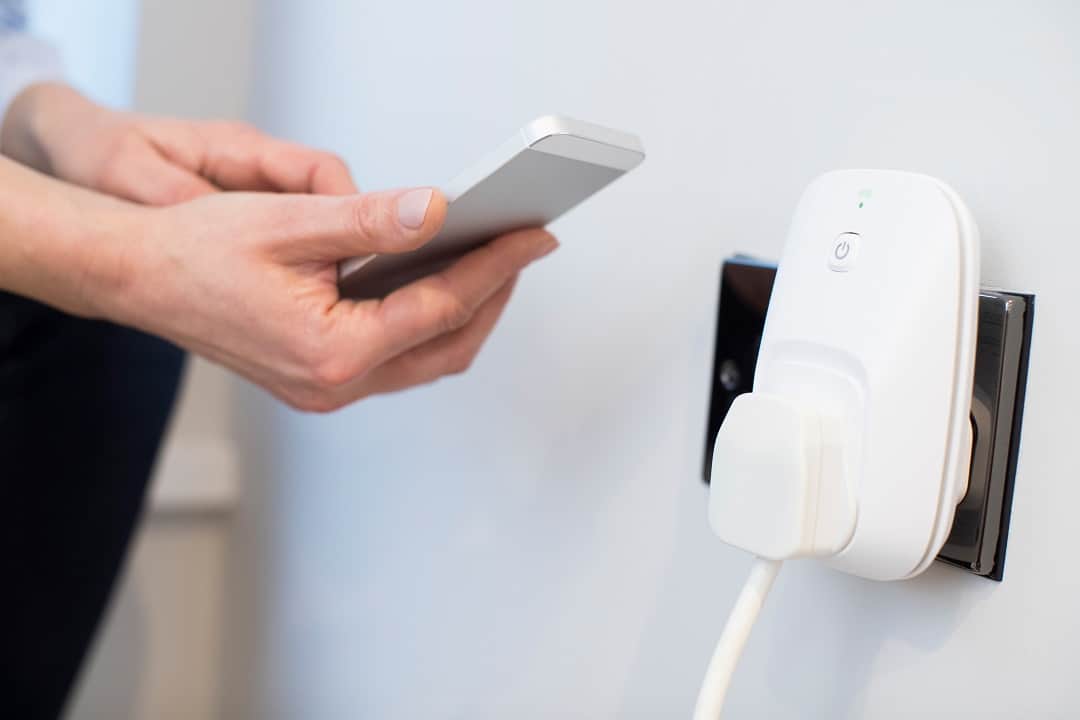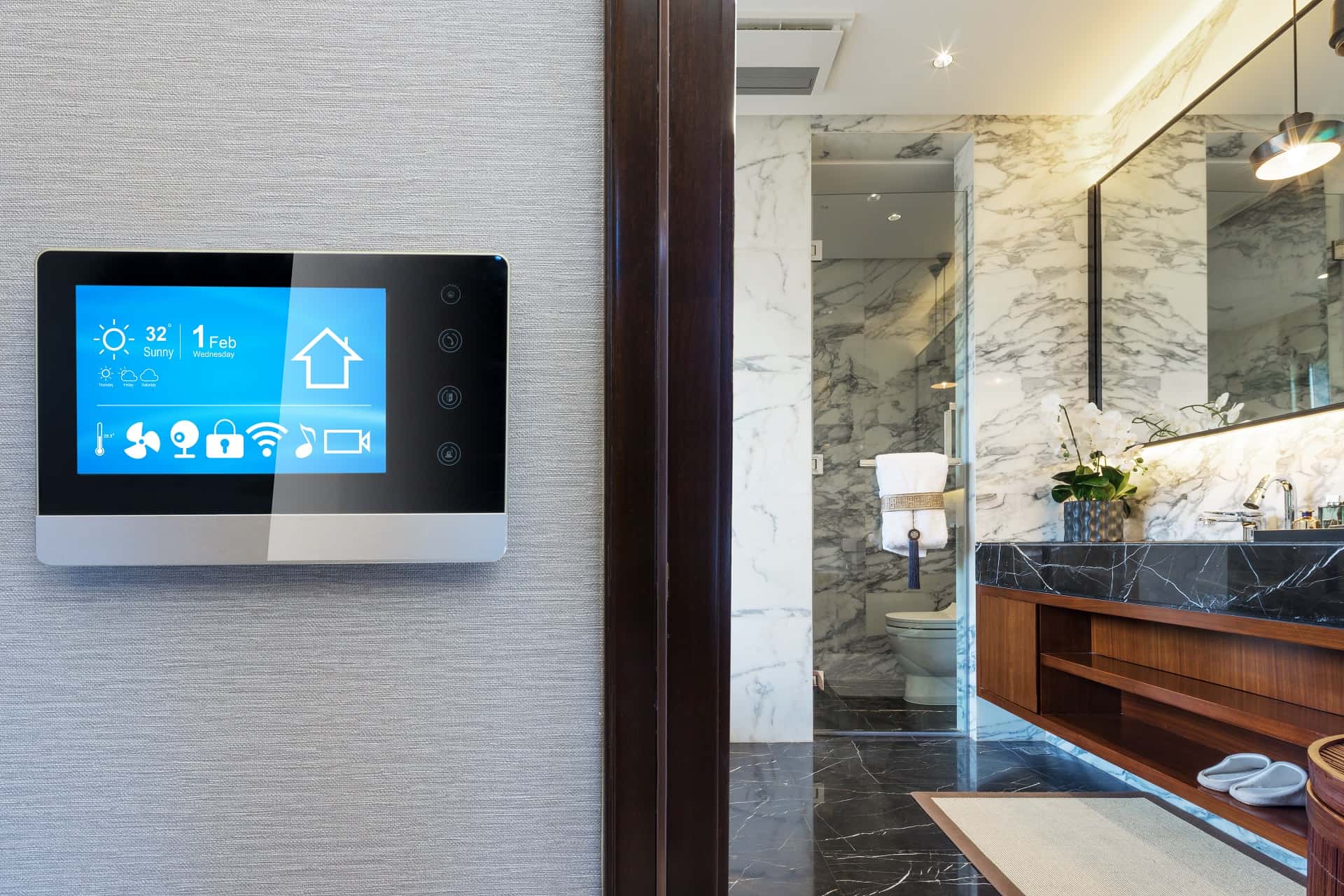In this digital age, smart homes have become a hot topic, promising convenience, security, and efficiency. However, with all the buzz surrounding this emerging technology, there are bound to be some misconceptions floating around. Whether you’re a tech enthusiast or someone just beginning to dip your toes into the world of smart homes, this post is for you. We’ll be debunking some of the most common misconceptions about smart homes and shedding light on the reality behind the hype. So, if you’re curious to separate fact from fiction and discover what smart homes are truly all about, keep reading!
Common Misconceptions about Smart Homes
When it comes to smart homes, there are several common misconceptions that often arise regarding security and privacy. Let’s debunk some of these myths and set the record straight.
Misconception One: Smart Homes Aren’t Secure
One of the most prevalent misconceptions about smart homes is that they are not secure. Many people worry that connecting their appliances, cameras, and other devices to the internet opens up their home to hackers. While there have been instances of smart home vulnerabilities, it’s important to note that with proper security measures in place, smart homes can be just as secure as traditional homes, if not more. Manufacturers are continuously improving security protocols and encryption to protect user data and prevent unauthorized access. Be sure to invest in reputable smart home devices and regularly update their firmware to ensure maximum security. For Wifi connected devices, be sure to setup a guest network for your smart devices.
Misconception Two: Smart Homes Aren’t Private
Another misconception is that smart homes compromise privacy. Some people fear that having devices with voice recognition capabilities, such as smart speakers, can lead to their conversations being recorded and shared without their consent. While it’s true that smart speakers like Amazon Echo or Google Home listen for specific wake words, they only start recording and transmitting data once the wake word is detected. Additionally, most smart home devices provide users with options to control their privacy settings and manage data sharing. By being mindful of the permissions granted to these devices, users can maintain a reasonable level of privacy within their smart homes.
For a truly private smart home, there are more and more local only smart home services these days. With these services your data never leaves your house, talk about privacy!
Misconception Three: Smart Homes Aren’t Energy Efficient
Another common misconception is that smart homes are not energy efficient. However, this couldn’t be further from the truth. Smart home devices, such as smart thermostats and smart lighting systems, are designed to optimize energy usage and reduce wastage. With the ability to control your home’s temperature and lighting remotely, you can ensure that energy is only used when it’s needed. Additionally, smart home automation can help you monitor and manage your energy consumption, leading to significant energy savings over time. Some studies even show a 13% decrease in electricity costs just from using smart shades to automated their blinds!
Misconception Four: Smart Homes Aren’t Actually Convenient
Secondly, some people believe that smart homes are just a luxury and don’t offer any real convenience. This is another misconception. Smart home technology is all about making your life easier and more convenient. Imagine being able to control your lights, appliances, and security system with just your voice or a few taps on your smartphone. Smart homes allow you to automate tasks and create routines that fit your lifestyle. You can set your home to welcome you with the perfect lighting and temperature when you arrive, have lights turn on as it becomes dark, or have your coffee brewing as soon as you wake up. The convenience of a smart home is undeniable and can truly enhance your daily living experience.
In Summary
Thank you so much for taking the time to read our blog post about Common Misconceptions about Smart Homes. We hope that you found the information helpful and that it has helped to dispel some of the myths surrounding this exciting technology. As our lives become increasingly connected, it’s important to stay informed about the latest advancements in smart home technology and separate fact from fiction. If you have any further questions or would like to share your own experiences with smart homes, please feel free to leave a comment below. Thank you again for being a part of our community, and we look forward to bringing you more insightful content in the future.
